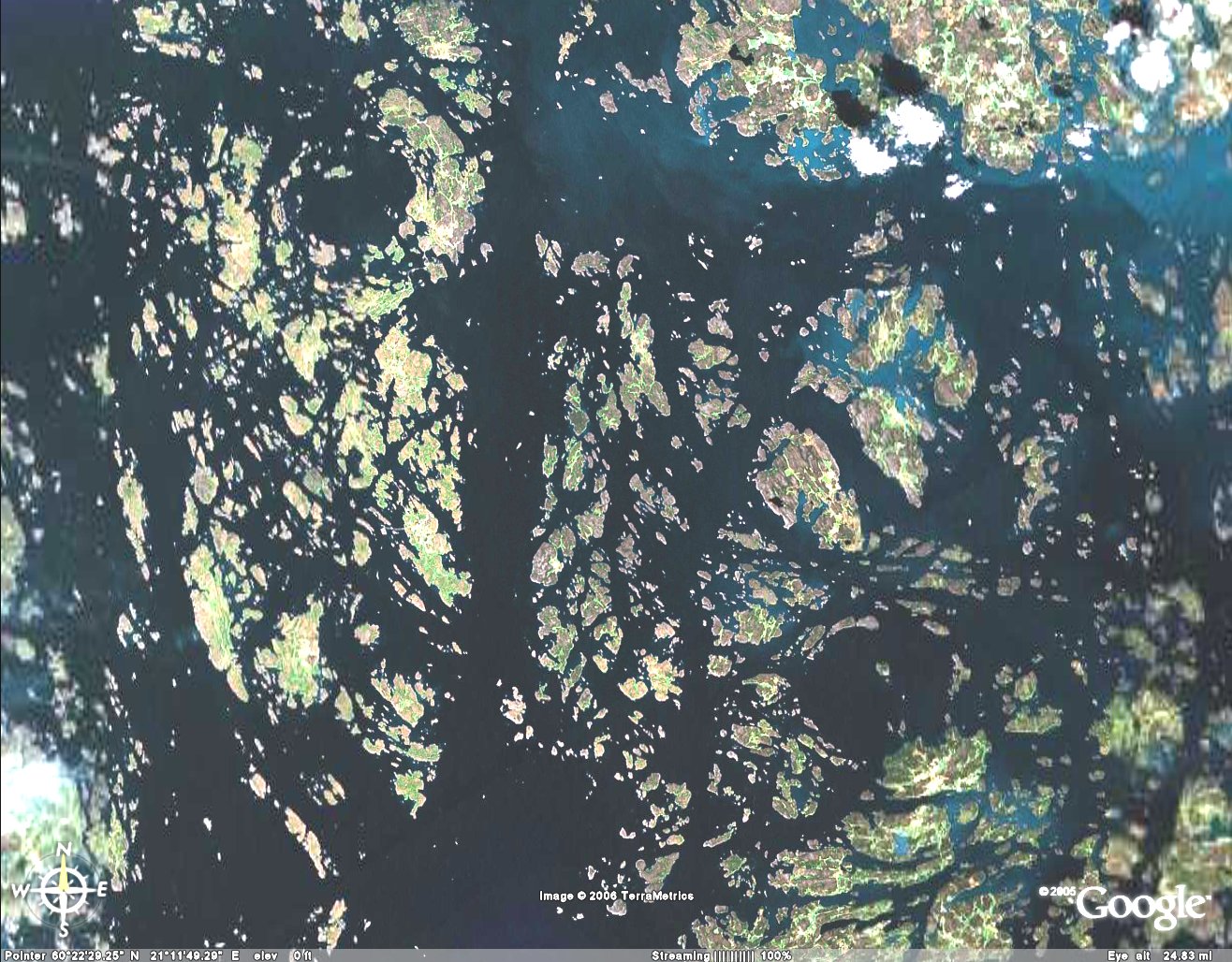I think one reason I find Digital Rights Management (DRM) reprehensible is that it violates the three laws of robotics as described by Asimov. While these laws were conceived with humanoid robots in mind, they are just as applicable to non-humanoid robots and almost as applicable to robots without bodies (computers). For those unfamiliar with the concept, the three laws are as follows:
- A robot may not harm a human being, or, through inaction, allow a human being to come to harm.
- A robot must obey the orders given to it by human beings, except where such orders would conflict with the First Law.
- A robot must protect its own existence, as long as such protection does not conflict with the First or Second Law.
These laws have the consequences:
- A robot cannot be used as a weapon
- A robot can be ordered to destroy itself if necessary
- A robot will sacrifice itself to protect human beings
Now, the first law doesn't really apply to computers (to kill someone or fail to take action that would save someone's life, a computer would have to be connected to some device that has one of those capabilities, which would make it a robot).
The problem with DRM is that your computer won't do what you tell it anymore - the laws have effectively been changed to:
- A computer cannot be used to do anything with copyrighted information beyond what the copyright holder explicitly permits
- A computer must obey the orders given to it by human beings, except where such orders would conflict with the First Law.
- A computer must protect its own existence, as long as such protection does not conflict with the First or Second Law.
These modified laws have the consequences:
- A computer cannot be used to infringe copyrights
- A computer can be ordered to destroy itself if necessary
- A computer will destroy itself to protect somebody else's copyrights
Effectively, they mean that your computer is not your own anymore - it will do the bidding of copyright holders over and above the bidding of its owners.
A computer system which includes DRM is more like a gun than a computer, not in the sense that it can be used to kill people, but in the sense that it doesn't follow the original 3 laws. In the case of a gun, the laws would be more like:
- A gun must obey the orders given to it by human beings.
- A gun may not harm a human being, or, through inaction, allow a human being to come to harm, except where this would conflict with the First Law.
This has the fairly obvious consequence that a gun can be used to kill people.
Perhaps I wouldn't have such a beef with DRM if it were marketed honestly and paid for by those who effectively "own" it - the copyright holders. I guess having a machine in my house that enforced copyright protections on the data it contained and prevented me from tampering with it wouldn't be so bad if it was rented instead of sold and the artificial limitations were clear from the start. A gun is sold for a particular purpose and nobody is trying to make it out to be something it isn't, but unfortunately today's DRM systems are marketed in such a way as to bring as little attention as possible to the fact that the hardware you're buying is designed to prevent you from doing some things you might very well want to do.





















